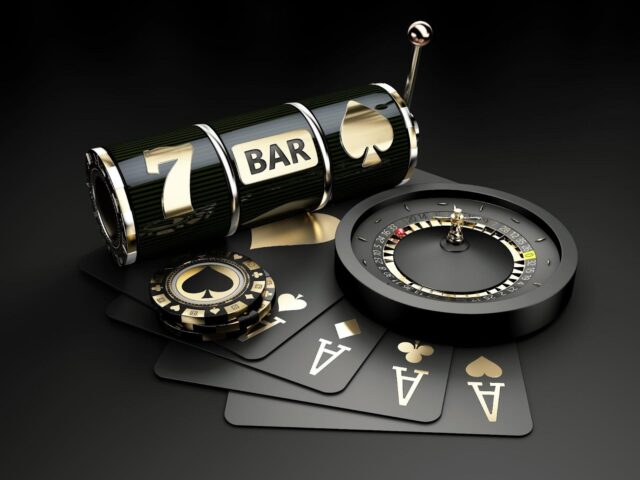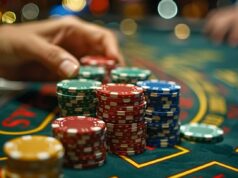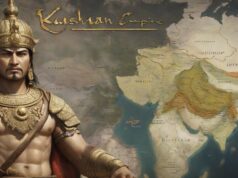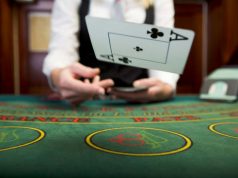
It is no exaggeration to state that gambling has etched a profound mark on the cultural tapestry of Australia. A 2019 Australian Gambling Research Centre study reported that 47.9% of Australians had gambled in the preceding 12 months, highlighting the entrenched nature of this recreational activity.
This exploration offers an opportunity to examine the dynamic transformations and the varied influences shaping Australia’s unique gambling landscape.
From the early convicts’ rudimentary games of chance to the digital frontier of online gambling, each era has left an indelible imprint on the national psyche.
Moreover, the unfolding narrative provides a platform to understand the evolving socio-economic factors, technological advancements, and regulatory frameworks that continue to impact the course of Australia’s gambling scene.
As the country navigates the complex world of online gambling, we embark on a journey to explore the intricate and colorful history of gambling in Australia.
Australia’s Early Gambling Culture
The story of gambling in Australia is as old as the nation itself. It all began with the arrival of the First Fleet in 1788, a flotilla bearing convicts and their guards from Britain. Alongside their cargo of people, these ships brought cards and dice, introducing the settlers to the thrill of the wager.
In the early 19th century, the penal colonies were rife with clandestine gambling activities. Horse racing, cards, and dice games were among the preferred forms of entertainment and an avenue to escape the harsh realities of life.
The Birth of Organized Gambling
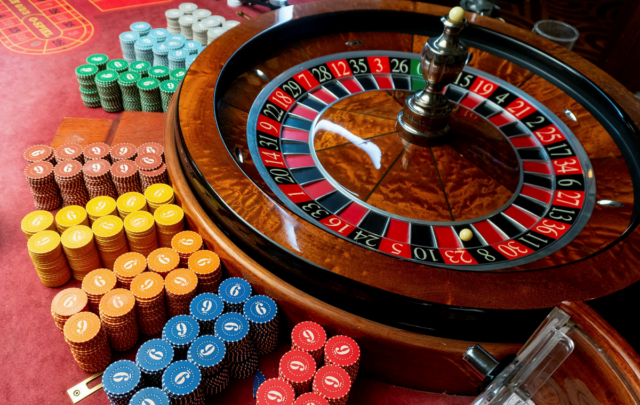
By the mid-1800s, the colonial administration had begun to embrace the idea of regulated gambling. This era saw the first officially sanctioned horse races, with the inaugural Melbourne Cup run in 1861, an event that would become an enduring part of Australia’s cultural heritage.
Around the same time, lottery games started to gain ground. The Golden Casket, launched in Queensland in 1917, was one of the earliest state-run lotteries.
These lotteries served a dual purpose – providing a regulated form of gambling for the masses while contributing to various social causes.
Poking Machine: The Revolution of the Casino Industry
As we delve deeper into the 20th century, the poking machine – or ‘pokie’ as affectionately known – starts appearing. The first of these electromechanical gambling devices was introduced in Australia in the 1950s, significantly changing the landscape of the casino industry.
The pokie quickly gained popularity due to its simplicity and the prospect of an instant win. By the 1980s, pokies had become ubiquitous in pubs, clubs, and casinos nationwide. This marked a turning point in Australia’s gambling history, as it ushered in the electronic gaming era.
The Online Era: A New Frontier in Gambling
The dawn of the Internet age in the late 20th century was a game-changer in Australia’s gambling history. Suddenly, anyone with an Internet connection could engage in many gambling activities without leaving home.
According to a study by Roy Morgan in 2020, around half a million Australians bet online in a typical month. This shift to digital platforms has transformed the industry and continues to shape the future of gambling in the country.
The Legal Landscape: Tightening Regulations
Source: yogonet.comThroughout the decades, Australia has witnessed a fluctuating legal landscape regarding gambling. The first national framework for regulation was introduced in 2001 with the Interactive Gambling Act (IGA), intending to limit the scope of online gambling.
Despite the IGA, Australians continued to spend vast amounts on online gaming. In response, the government tightened regulations in 2017 with the Interactive Gambling Amendment Bill, imposing stricter control on offshore gambling sites.
The Current State of Gambling in Australia
Today, the gambling scene in Australia is a dynamic mix of tradition and innovation. According to the Australian Bureau of Statistics, Australians spent approximately AU$ 24.9 billion on gambling in 2019-2020, a significant increase from AU$ 23.7 billion in the previous year.
Land-based casinos still hold a significant market share, with over 60% of gambling expenditure attributed to electronic gaming machines (EGMs). Meanwhile, online gambling is gaining traction, especially among the younger demographic.
To aid understanding of the rich history of gambling in Australia, below is a bullet point list of the significant milestones in Australia’s gambling history.
- 1788: Arrival of the First Fleet, introducing the convicts and their guards to games of chance with cards and dice.
- The mid-1800s: The colonial administration began to sanction and regulate gambling activities.
- 1861: The inaugural Melbourne Cup, marking the beginning of Australia’s organised horse racing scene.
- 1917: The launch of The Golden Casket in Queensland, one of Australia’s earliest state-run lotteries.
- The 1950s: Introduction of the first electromechanical poking machine, revolutionising the casino industry.
- Late 20th Century: Advent of the Internet age, bringing gambling activities to the online platform.
- 2001: Implementation of the Interactive Gambling Act (IGA), the first national framework for regulating online gambling.
- 2017: Introduction of the Interactive Gambling Amendment Bill, aiming to impose stricter control on offshore gambling sites.
- The 2020s: Continued evolution of gambling culture, with a significant shift toward online platforms, especially among the younger demographic.
The Social Impact of Gambling in Australia

While the economic contributions of the gambling industry are clear, it’s essential to discuss the social implications as well.
According to a 2018 Australian Institute of Family Studies study, about 1.4% of the population could be classified as ‘problem gamblers‘.
This underscores the importance of continued investment in support services and public awareness campaigns about the potential risks of gambling.
Gambling and Australian Culture
In many ways, gambling is entwined with Australia’s national identity. The Melbourne Cup, affectionately known as ‘the race that stops a nation,’ exemplifies the nation’s love for gambling. This horse racing event attracts millions of viewers and bettors annually, creating a national buzz.
Moreover, local clubs and pubs often house pokies, creating a community atmosphere around these machines.
From retirees enjoying an afternoon flutter to workers unwinding after a day’s work, pokies have become a fixture of Australian social life.
Final Words
Australia’s gambling history is a vibrant tapestry woven with intrigue, entrepreneurship, and evolving norms.
From early card games and horse races to digital casinos and online poker, the nation’s love affair with betting is a testament to its adaptability and openness to change.
Its evolution is intertwined with societal changes, technological advancements, and shifting regulations.
As we navigate this complex industry’s future, we can be sure of one thing – the Australian gambling scene is here to stay, as colorful and dynamic as ever.

